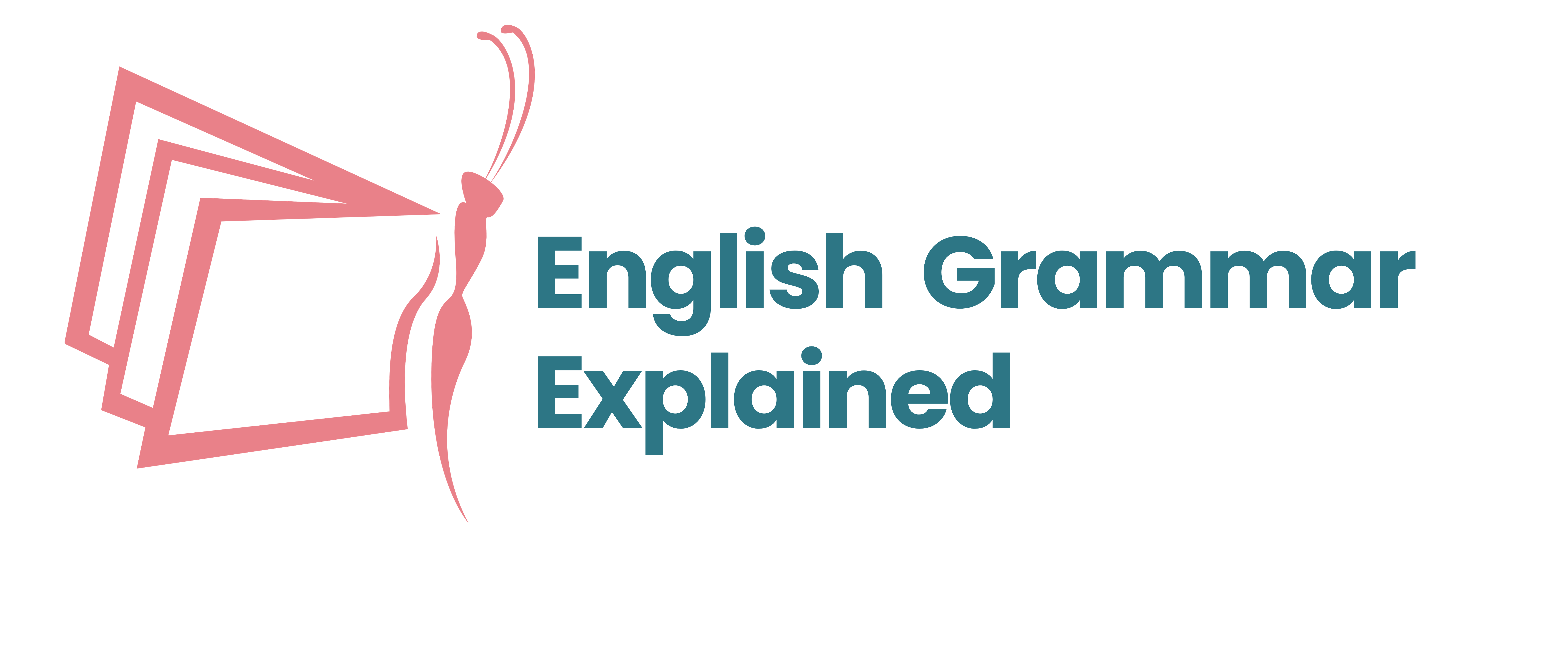A Step-by-step Guide to Understanding and Excelling in the TOEFL Exam

The Test of English as a Foreign Language (TOEFL) stands as a pivotal milestone for individuals aspiring to study, work, or excel in English-speaking environments. This standardized test serves as a measure of English language proficiency for non-native speakers and is widely recognized by academic institutions and employers globally. In this in-depth exploration, we will unravel the multifaceted purpose of the TOEFL exam and provide an extensive guide on how to navigate its challenges to emerge victorious.
Decoding the Purpose of TOEFL
Academic Admission and Beyond:
The TOEFL exam is a gateway for non-native English speakers seeking academic admission in universities and colleges worldwide. Institutions utilize TOEFL scores as a vital component of the admissions process to assess an applicant’s ability to comprehend, communicate, and thrive in an English-language academic setting.
Beyond academic realms, TOEFL scores play a crucial role in unlocking scholarship opportunities. Many educational institutions and organizations use these scores to identify deserving candidates for financial aid, making education more accessible to a diverse global community.
Professional Certification and Employment Opportunities:
The significance of TOEFL extends to professional certifications and employment opportunities. Certain professional organizations and licensing bodies mandate TOEFL scores as part of their certification process, ensuring individuals possess the requisite language skills for success in their chosen fields.
In the corporate arena, especially within multinational companies, TOEFL scores often influence the hiring process. Employers recognize the importance of a strong command of English for roles involving international communication, collaboration, and client interactions.
Navigating the TOEFL Landscape
Understanding the Test Format:
To embark on a successful TOEFL journey, it is imperative to understand the test format thoroughly. The exam comprises four sections: Reading, Listening, Speaking, and Writing. Familiarizing oneself with the structure and expectations of each section is fundamental to effective time management during the actual test.
Developing Strong Reading Skills:
The Reading section evaluates a candidate’s ability to understand and analyze written content. To excel in this area, regular practice of reading academic texts, articles, and passages is essential. Employing strategies for efficient comprehension and time management is key to navigating the diverse range of reading materials presented in the TOEFL exam.
Enhancing Listening Skills:
The Listening section challenges test-takers with a variety of English accents, including American, British, and Australian. Strengthening auditory skills through exposure to podcasts, news broadcasts, and academic lectures is paramount. Practice tests and exercises can hone one’s ability to grasp information accurately and quickly, a skill crucial for success in this section.
Practicing Speaking Fluently:
The Speaking section assesses a candidate’s ability to articulate thoughts and ideas clearly and coherently. Regular speaking practice with native speakers, language exchange partners, or even through self-recorded exercises can significantly enhance fluency and confidence. Structured feedback on pronunciation, intonation, and overall communication skills is invaluable.
Honing Writing Abilities:
Writing essays on a variety of topics is integral to preparing for the Writing section. Regular practice, coupled with constructive feedback, helps refine one’s ability to express ideas in a well-organized and articulate manner. Attention to grammar, vocabulary, and overall essay structure contributes to a strong performance in this section.
Time Management is Key:
Effective time management is a non-negotiable aspect of TOEFL success. Developing strategies for allocating time to each section ensures that all components of the exam are completed within the stipulated timeframe. Simulating exam conditions through practice tests aids in refining these time management skills.
Take Practice Tests:
Practice tests serve as invaluable tools in preparing for the TOEFL exam. They offer a simulated exam experience, allowing candidates to identify strengths and weaknesses, refine strategies, and familiarize themselves with the test environment. Consistent practice tests contribute significantly to building confidence and readiness for the actual exam day.
Conclusion
In conclusion, the TOEFL exam is a passport to a myriad of opportunities for individuals seeking to thrive in English-speaking academic, professional, and personal environments. Understanding its multifaceted purpose and diligently preparing for each section are paramount to success. Consistency, dedication, and a strategic approach to language acquisition and application are the cornerstones of excellence in the TOEFL exam. As you embark on this journey, remember that proficiency in English is not just a test outcome but a skill set that opens doors to a world of possibilities. Best of luck on your TOEFL journey!




I just couldn’t depart your site before suggesting that I
actually enjoyed the standard information an individual provide on your guests?
Is gonna be back regularly in order to check up on new posts